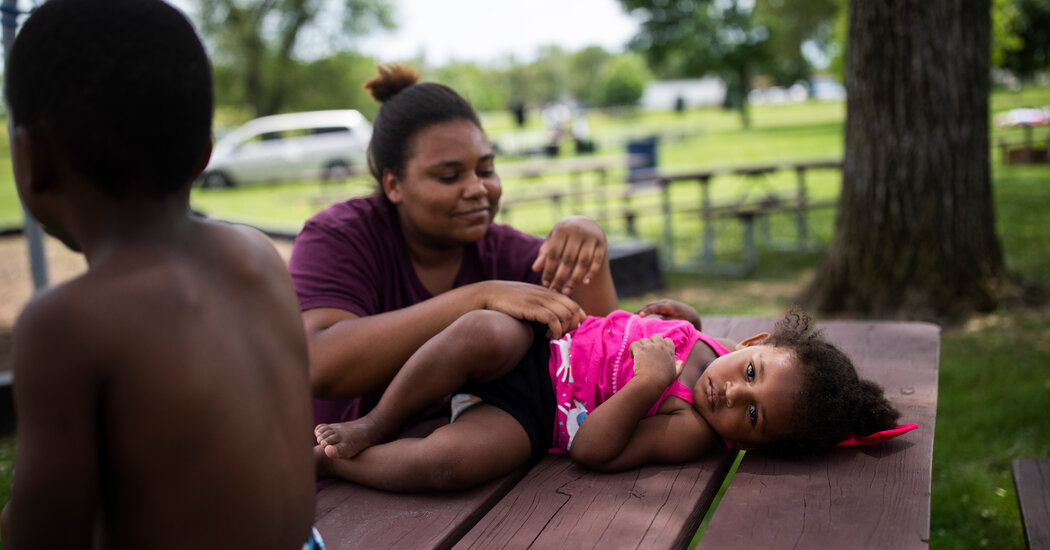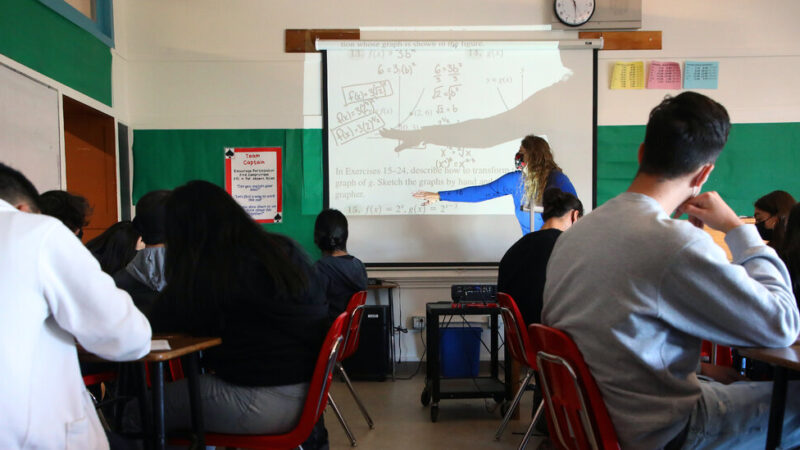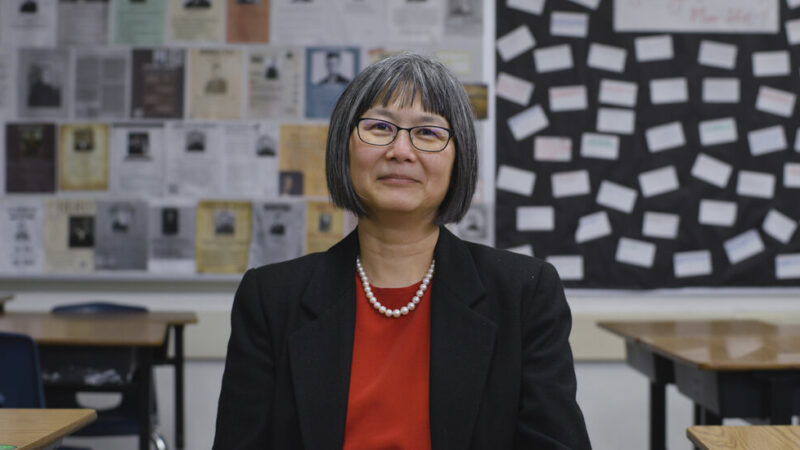A Vaccine for Young Children? U.S. Parents Have Mixed Reactions

[ad_1]
For many parents across the United States, the long-awaited news that young children would soon become eligible for a coronavirus vaccine was met with a rush of relief.
“I just got goose bumps!” Brendan Kennealy, a father of two daughters, ages 1 and 4, in Richfield, Minn., said on Friday. He added that he would take his girls in for shots promptly, once he spoke to their pediatrician.
For many others, the development came with deep reservations. “I feel like it’s way too soon,” said Megan O’Donnell of York, Pa., who was visiting the Maryland Science Center in Baltimore with her husband and three children, ages 8, 3 and 1. She said she worried about the effect the vaccine would have on her youngest.
A panel of experts advising The Centers for Disease Control and Prevention granted its endorsement on Saturday afternoon, and the director of the agency approved final guidance for their use later in the day, paving the way for vaccinations to begin next week.
But reluctance about the vaccine for young children persists nationwide, particularly among parents who are themselves unvaccinated.
In Middletown, Ohio, Akilah Edwards was enjoying an outdoor Juneteenth celebration with her children, Jakari, 1, and Ayva, 2. She said the festival came at the end of a long period of staying indoors and away from people for fear of Covid.
“They haven’t experienced the park before,” Ms. Edwards said as her children enthusiastically took in the music and festivities. But she said she would not be vaccinating her children any time soon.
“I’m not ready for that. I’d have to get it myself first,” she said, adding that she was still uncomfortable with the vaccine. “I am glad they are doing it, but it’s scary,” she said.
Lindsey Douglas, a pediatrician and the medical director of quality and safety for the Mount Sinai Kravis Children’s Hospital in Manhattan, said that she would “wholeheartedly recommend” the vaccine for all eligible children.
But many parents have doubts about the vaccine’s effectiveness in young children.
At an indoor playground in Woodbury, Minn., Teng Weng voiced concerns about vaccinating his two daughters, ages 3 and 6. The F.D.A. authorization of the vaccines gave him “a little confidence, but not 100 percent,” he said.
Pediatricians and public health officials are preparing for an uphill climb in persuading parents about the benefits of the vaccines.
Though Pfizer’s vaccine has been available to children 5 to 11 years old since last fall, less than 30 percent of children in that age group are fully vaccinated.
“I remain concerned that there has been really a low number of children between the ages of 5 and 11, and even the 12- to 16-year-olds that could get the Pfizer vaccine,” said Donna Hallas, director of the pediatric nurse practitioner program at N.Y.U. Rory Meyers College of Nursing.
In Oxford, Miss., Edna N. Luckett watched her two youngest children play at a library and said that talking with their pediatrician about the vaccines had helped her understand the choices available to her.
Still, she said she had no immediate plans to vaccinate her children, ages 10, 6 and 3. “It’s just the fear of the unknown,” she said. “We don’t know a lot about it. And especially in the Black community, we don’t have a good history of being heard by health care officials.”
For other parents, though, the prospect of a vaccine could not have arrived soon enough. Outside the National Aquarium in Baltimore, Kasey Gillette of Washington, D.C., said that Covid-19 arrived when her daughter, now 2, was an infant. Concerned that the lack of interaction was stunting her daughter’s social skills, Ms. Gillette decided last summer to send her to day care. But she has worried that her daughter will pick up the virus there or that, as Ms. Gillette returns to the office, she will bring it home.
Still, she said, she was ready to start opening their lives to the world again. “It just feels like we’ve been home for three years. Or is it two years? Ten years?” she said.
“Feels longer.”
[ad_2]




